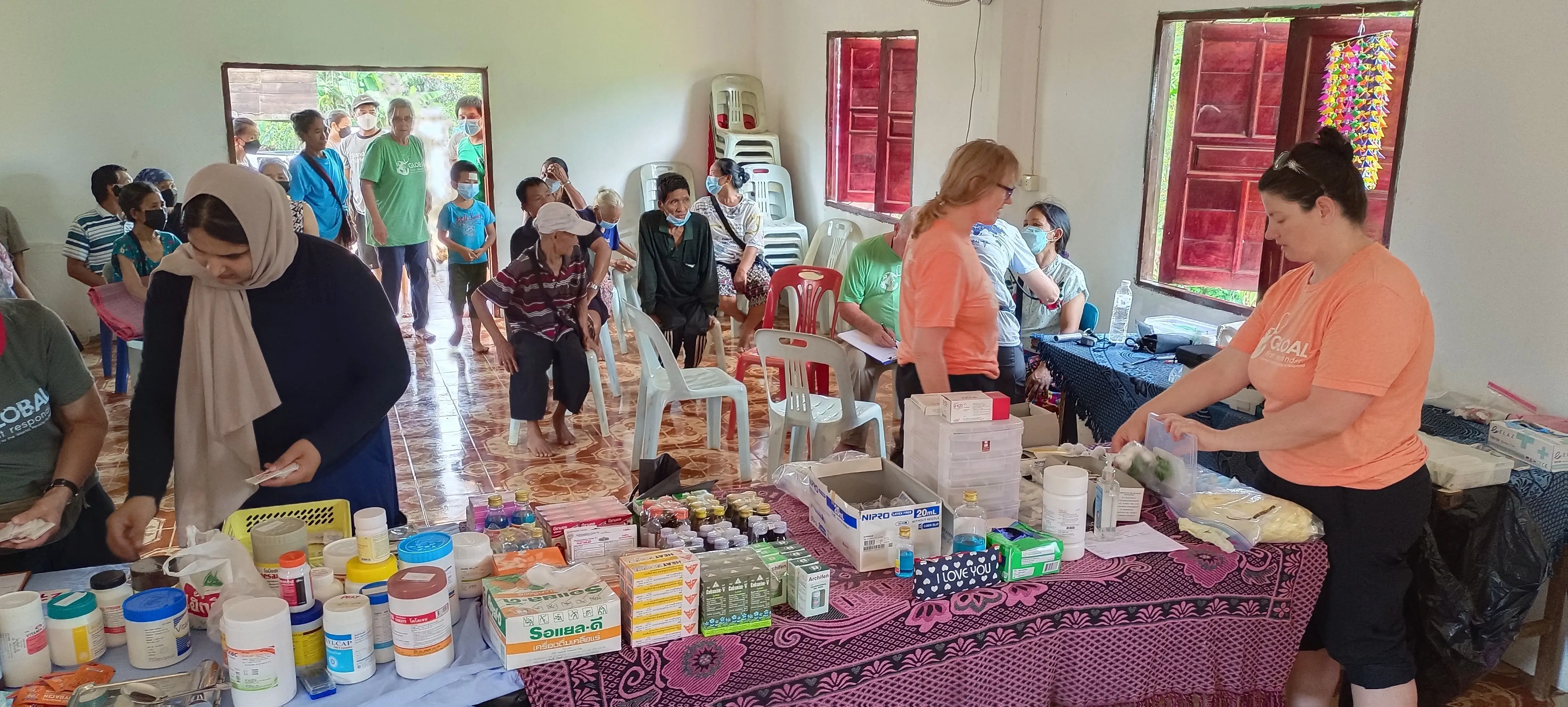Nonprofit
Rural Medical Training ( family physician or GP )
Details
Description

Facts About Rural Training
Rural training offers some of the most exciting residency opportunities to be had in family medicine. It provide unparalleled continuity of relationships with peers, faculty, patients and the greater community, providing important perspectives in your professional development.
It allows a new physician the opportunity to first train in a resource-rich urban center, followed by training in a relationship-rich rural community. This combination prepares resident physicians for practicing medicine in challenging settings, rural, underserved urban and international, while providing individualized mentoring and coaching during residency. Rural training is challenging, but it provides opportunities you won’t see in other places.
A variety pack?
Rural practices see a wide variety of cases often surpassing urban ones. In fact, since there are usually fewer specialists around, you’ll end up diagnosing and treating rather than referring. You’ll work on cases your urban colleagues wouldn’t be able to touch. Rare things commonly happen in rural practice, because there are so many rare things. Even if you do refer cases beyond the capabilities of your rural physician community, you get to see these cases first.
Cooperation, not competition?
You don’t have to compete with other learners for diagnostic and treatment opportunities; there are plenty to go around. Physicians who have gone through rural training have compared it to an apprenticeship, where faculty members treat you like a colleague, and together you learn diagnostic and procedural advances.
Get to know me!
Not only will you get to know your colleagues better, you also get to know your patients better. Rural communities are smaller, with more of an emphasis on the personal touch. You’ll get to see firsthand how family and community interrelationships can have an impact on health and health care, adding a new perspective to your training and professional development.
Flexibility
You may end up putting in a longer workweek at times, but the nature of caseloads in rural areas may make being on-call less time-consuming. You may also find that rural training doesn’t put as much bureaucracy in your path.
Stretch your talent?
Rural training lets you expand your skills in ways you may not have expected, whether in dealing with obstetrics, geriatrics or another specialty you would like to try. In rural residency, it’s easier for you to try areas you’re interested in, but may not be easily available in an urban setting.
Excellence and Expertise
Many rural faculty are at the top of their clinical game out of necessity, having spent their practice lives also working at and expanding the margins of their competence. They’re always learning, always improving, always adding to their clinical repertoire.
One key to successful rural practice is the ability to adapt to the needs of the rural community where you live and work. A wide scope of training is a good idea, even if you don’t end up using every skill you have learned.
Another advantage of training in a rural context is a patient population closely reflecting patients one can expect to encounter in subsequent rural practice. In addition to a wide technical scope of practice, rural practices often have a wide demographic and patients may represent a large geographical area and culturally diverse community.
A main advantage of training in a rural program is the opportunity to experience life as a doctor in a rural place.
Operation:
This training takes place in 50 so hill tribe villages in the hills in Chiang Rai regions. As we see and treat sick villagers in a village set up clinic we move around in the region. We normally stay 2-3 days in each village for the clinic. We see 60-120 sick villagers in a day-to-day village clinic and cover 3-5 villages in a week.
A typical day:
As a physician you will be doing all kinds of medical practices and see all ages from pediatric to geriatric, starting from updated healthy history, vital sign checks, Visual exam, Physical exams, Laboratory tests which include blood sugar test, blood staining and screening, blood grouping, urinalysis, stool test, ECG, and staining slides, and lastly but not the least diagnosing and dispensing
.
Lodging and food:
You will be staying in a bamboo hut with a host village family.
3 meals prepared in a local hill tribe way will be served daily. Vegetarian food prepared will be served upon request.
Duration of training:
Minimum: 2 weeks ( not less than two weeks )
Expense and cost:
It is 150-300 US$ for food and lodging per person per week,
And funding the medical project for two weeks is required. You can either raise fund or collect donations from your families, friends and the people you know for the project funding. You can even contact your school for funds. So, it is a must that every physician raise funds or collect donations before he or she comes for the training.
For prompt reply, kindly contact us on facebook.
Facts About Rural Training
Rural training offers some of the most exciting residency opportunities to be had in family medicine. It provide unparalleled continuity of relationships with peers, faculty, patients and the greater community, providing important perspectives in your professional development.
It allows a new physician the opportunity to first train in a resource-rich urban center, followed by training in a relationship-rich rural community. This combination prepares resident physicians for practicing medicine in challenging settings, rural, underserved urban and international, while providing individualized mentoring and coaching during residency. Rural training is challenging, but it provides opportunities you won’t see in other places.
A variety pack?
Rural practices see a wide variety of cases often surpassing urban ones. In fact, since there are usually fewer specialists around, you’ll end up diagnosing and treating…
Location
T.B Doi Han, Chiang Rai Sub District
How to Apply
Go throug our website stated below.
For prompt reply, kindly contact us on facebook.
Go throug our website stated below.
For prompt reply, kindly contact us on facebook.


